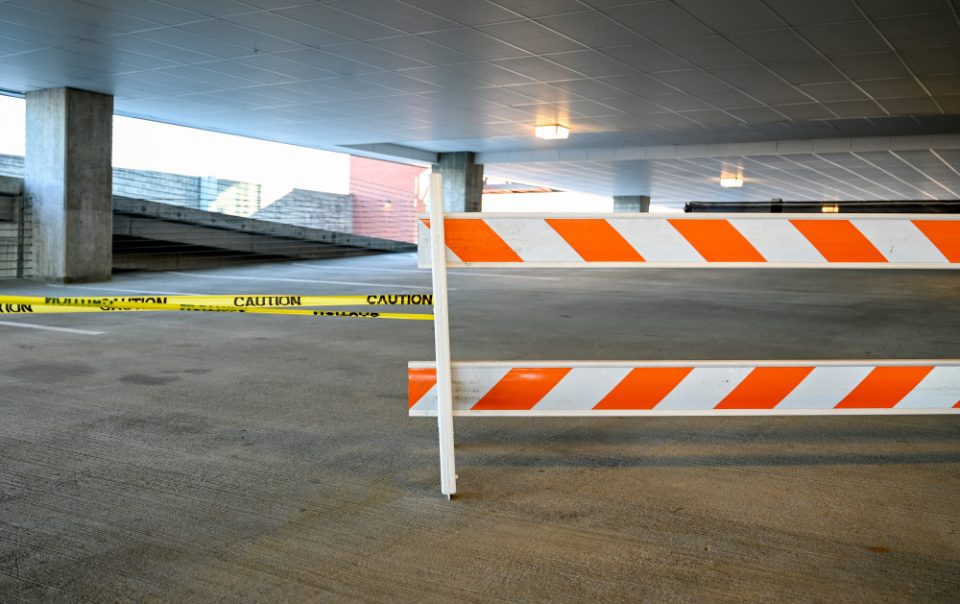
Generally, when shopping for a newly built home you drive from neighborhood to neighborhood looking at perfectly manicured model homes. At each model you are met by an eager sales agent who tries to answer all your questions to your satisfaction and turn you from
a shopper to a buyer. Once you feel like you have found your perfect home and decide to make the purchase, the builder has you sign a contract. Most builders use standard pre-drafted forms for their contracts that are signed electronically. These contracts tend to be long and written in tiny font. They often resemble the terms page for smartphone software- long, boring, and complicated. The idea of reading this document can only be compared to counting ants in an ant hill. Most buyers simply click through to fill-in all the required signature spots and avoid reading the legalese to which they are agreeing. That approach is a huge mistake!
Read your contract! Understand your contract! If you cannot understand your contract, have an attorney walk you through it!
Do not rely on what the sales agent told you. Make sure that any promises made by the sales agent are written into your contract. If it is not in the contract, it does not exist. Generally, under North Carolina law, anything that was said but not written into the four corners of the contract is not part of the agreement between the parties. Many builders also include clauses in their contract forms which state that the builder does not make any representations other than what is written in the contract. Therefore, if your sales agent promises you that it will not build a home on the lot next to yours, make sure that promise is written into your contract.
Further, the contract will have many provisions each of which may become very important depending on your circumstances. Among the many provisions, the contract will tell you what happens and what is at risk in case of a disagreement between you and the builder. For example, walking away from the home before purchasing it may mean you lose your deposit which can often be tens of thousands of dollars. Many builders also include arbitration clauses. In signing a contract with an arbitration clause, you agree that legal disputes between you and the other side will be resolved in arbitration, which is a private trial. Arbitration generally takes place outside of the state and federal courts. The dispute will be heard by one or more arbitrators who were selected by you and the other side. The arbitrator or arbitrators will decide on a resolution and that resolution is binding in most cases. Some consider arbitration a less expensive and more efficient alternative to traditional litigation in the court system.
Overall, the contract will state the respective obligations of the buyer and the builder. It will tell you what you can and cannot expect of the builder. Every contract for the construction and sale of a home will be different. That is why it is important to carefully read through the documents you are presented. If you are not clear on what the contract says or its implications, reach out to an attorney so they can walk you through the document and help you understand your risks.
Nothing on this website or this blog should be considered legal advice. Anderson Legal does not represent you and no client-attorney relationship is formed until you have completed our client intake process.
The post YES, YOU DO NEED TO READ THE CONTRACT WITH YOUR BUILDER! appeared first on Anderson Legal – Commercial and Construction Litigation – North Carolina.


